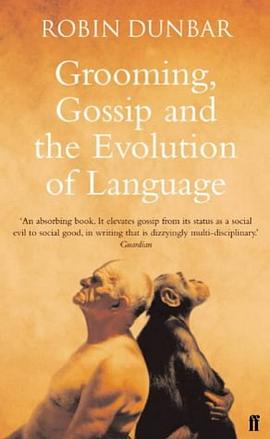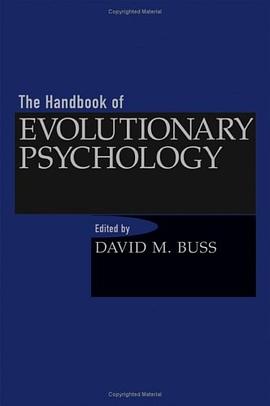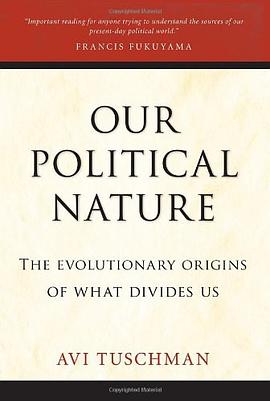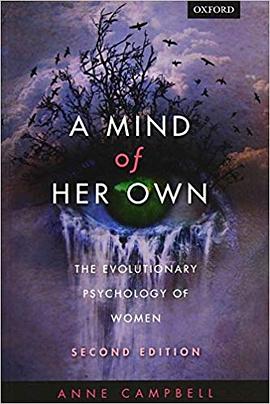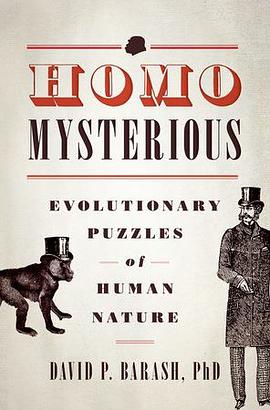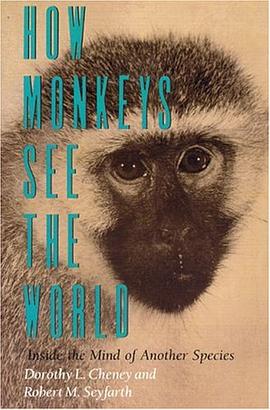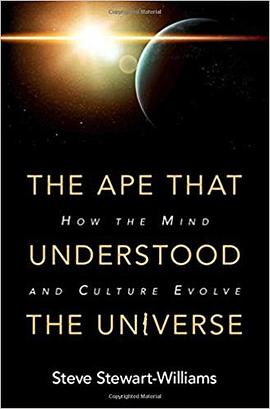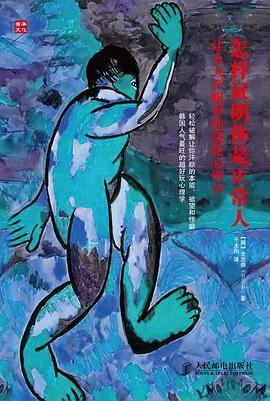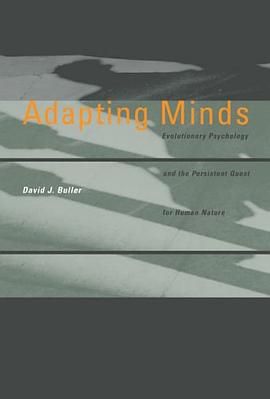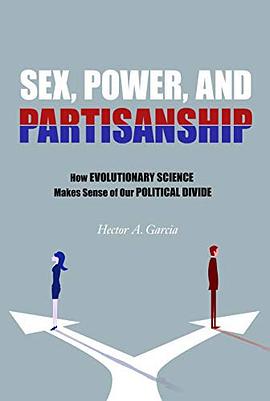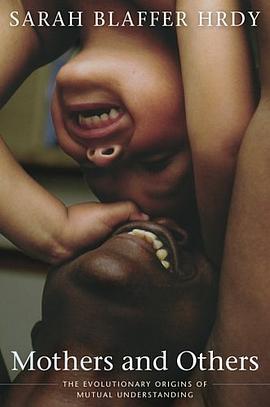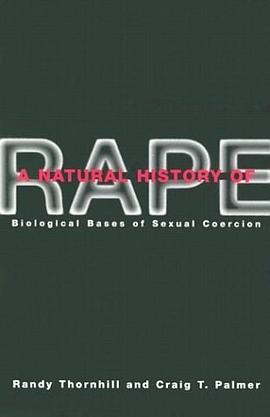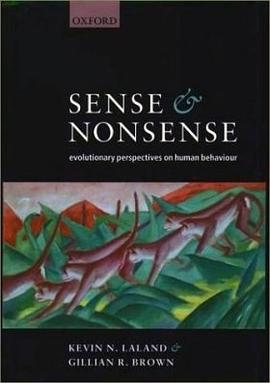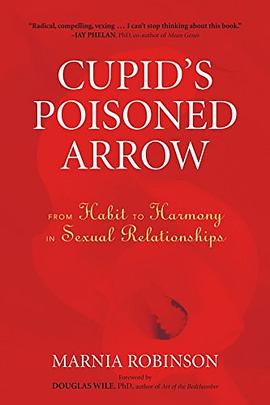

具体描述
At the beginning of Nonzero, Robert Wright sets out to "define the arrow of the history of life, from the primordial soup to the World Wide Web." Twenty-two chapters later, after a sweeping and vivid narrative of the human past, he has succeeded — and has mounted a powerful challenge to the conventional view that evolution and human history are aimless.
Ingeniously employing game theory — the logic of "zero-sum" and "non-zero-sum" games — Wright isolates the impetus behind life's basic direction: the impetus that, via biological evolution, created complex, intelligent animals and then, via cultural evolution, pushed the human species toward deeper and vaster social complexity. In this view, the coming of today's interdependent global society was "in the cards" — not quite inevitable, perhaps, but, as Wright puts it, "so probable as to inspire wonder." So probable, indeed, as to invite speculation about higher purpose, especially in light of "the phase of history that seems to lie immediately ahead: a social, political, and even moral culmination of sorts."
In a work of vast erudition and pungent wit, Wright takes on some of the past century's most prominent thinkers, including Isaiah Berlin, Karl Popper, Stephen Jay Gould, and Richard Dawkins. He finds evidence for his position in unexpected corners, from native American hunter-gatherer societies and Polynesian chiefdoms to medieval Islamic commerce and precocious Chinese technology; from conflicts of interest among a cell's genes to discord at the World Trade Organization.
Wright argues that a coolly scientific appraisal of humanity's three-billion-year past can give new spiritual meaning to the present and even offer political guidance for the future. Nonzero will change the way people think about the human prospect.
作者简介
Robert Wright is the author of Three Scientists and Their Gods and The Moral Animal, which was named by the New York Times Book Review as one of the twelve best books of the year and has been published in nine languages. A recipient of the National Magazine Award for Essay and Criticism, Wright has published in The Atlantic, The New Yorker, the New York Times Magazine, Time, and Slate. He was previously a senior editor at The New Republic and The Sciences and now runs the Web site nonzero.org. He lives in Washington, D.C., with his wife and two daughters.
目录信息
读后感
这是全球脑小组主席弗朗西斯·海拉恩推荐的一本书。 http://www.globalbrain.cn/cn/article.php/568 书的开头有些沉闷,讲了很多古代的狩猎社会。直到中间时,才开始探讨全球脑思想以及超级有机体、文化因子(meme)等概念,读起来逐渐变得令人振奋。 总之,这是一本好书!
评分人类战争是愈演愈烈吗?我的回答是:当然了。20世纪,人类打了两场世界大战,死了几千万人。我们熟悉细节有南京大屠杀,纳粹屠杀犹太人这样的骇人听闻的罪行。而以前的冷兵器时代,哪里有这么大规模的杀戮,远的不说,我最近看《明朝那些事儿》皇太极也就有20多万的兵打败李自...
评分看有关“博弈”的书的时候,内心总是会先博弈一场,总有一个懒散安逸的“我”阻挡着前行,而最终还是一个勤奋好学的“我”战胜了懒惰,不过好像这只是一个零和博弈。而赖特在这本书的观点就是推动这个世界发展的都是非零和。这本书的结构很像《枪炮、病菌与钢铁》,还有《人类...
评分看有关“博弈”的书的时候,内心总是会先博弈一场,总有一个懒散安逸的“我”阻挡着前行,而最终还是一个勤奋好学的“我”战胜了懒惰,不过好像这只是一个零和博弈。而赖特在这本书的观点就是推动这个世界发展的都是非零和。这本书的结构很像《枪炮、病菌与钢铁》,还有《人类...
用户评价
合作推进人类结构演变和文明发展进程,并带领社会向更好的某种既定未来的进化。 很多新颖观点,值得重读。
评分合作推进人类结构演变和文明发展进程,并带领社会向更好的某种既定未来的进化。 很多新颖观点,值得重读。
评分合作推进人类结构演变和文明发展进程,并带领社会向更好的某种既定未来的进化。 很多新颖观点,值得重读。
评分合作推进人类结构演变和文明发展进程,并带领社会向更好的某种既定未来的进化。 很多新颖观点,值得重读。
评分合作推进人类结构演变和文明发展进程,并带领社会向更好的某种既定未来的进化。 很多新颖观点,值得重读。
相关图书
本站所有内容均为互联网搜索引擎提供的公开搜索信息,本站不存储任何数据与内容,任何内容与数据均与本站无关,如有需要请联系相关搜索引擎包括但不限于百度,google,bing,sogou 等
© 2026 book.wenda123.org All Rights Reserved. 图书目录大全 版权所有

